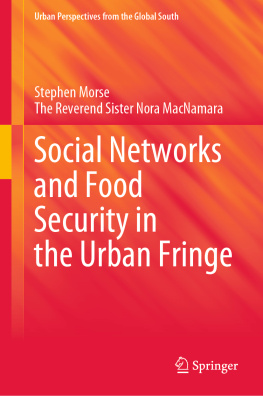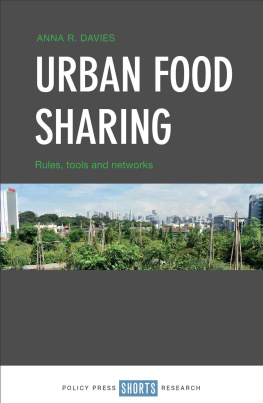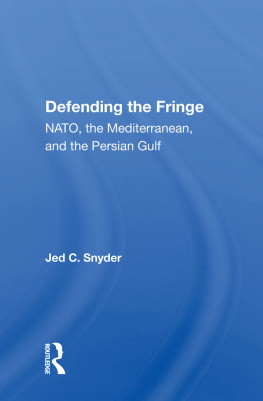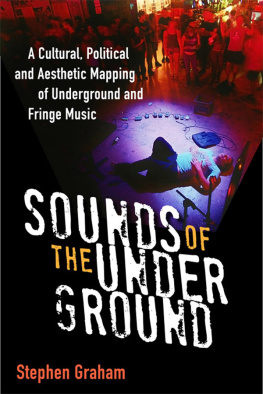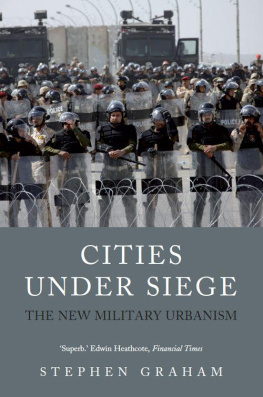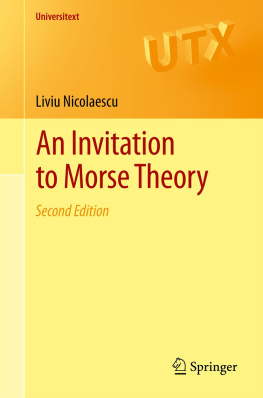Stephen Morse - Social Networks and Food Security in the Urban Fringe
Here you can read online Stephen Morse - Social Networks and Food Security in the Urban Fringe full text of the book (entire story) in english for free. Download pdf and epub, get meaning, cover and reviews about this ebook. year: 2020, publisher: Springer International Publishing, genre: Politics. Description of the work, (preface) as well as reviews are available. Best literature library LitArk.com created for fans of good reading and offers a wide selection of genres:
Romance novel
Science fiction
Adventure
Detective
Science
History
Home and family
Prose
Art
Politics
Computer
Non-fiction
Religion
Business
Children
Humor
Choose a favorite category and find really read worthwhile books. Enjoy immersion in the world of imagination, feel the emotions of the characters or learn something new for yourself, make an fascinating discovery.
- Book:Social Networks and Food Security in the Urban Fringe
- Author:
- Publisher:Springer International Publishing
- Genre:
- Year:2020
- Rating:5 / 5
- Favourites:Add to favourites
- Your mark:
- 100
- 1
- 2
- 3
- 4
- 5
Social Networks and Food Security in the Urban Fringe: summary, description and annotation
We offer to read an annotation, description, summary or preface (depends on what the author of the book "Social Networks and Food Security in the Urban Fringe" wrote himself). If you haven't found the necessary information about the book — write in the comments, we will try to find it.
Social Networks and Food Security in the Urban Fringe — read online for free the complete book (whole text) full work
Below is the text of the book, divided by pages. System saving the place of the last page read, allows you to conveniently read the book "Social Networks and Food Security in the Urban Fringe" online for free, without having to search again every time where you left off. Put a bookmark, and you can go to the page where you finished reading at any time.
Font size:
Interval:
Bookmark:
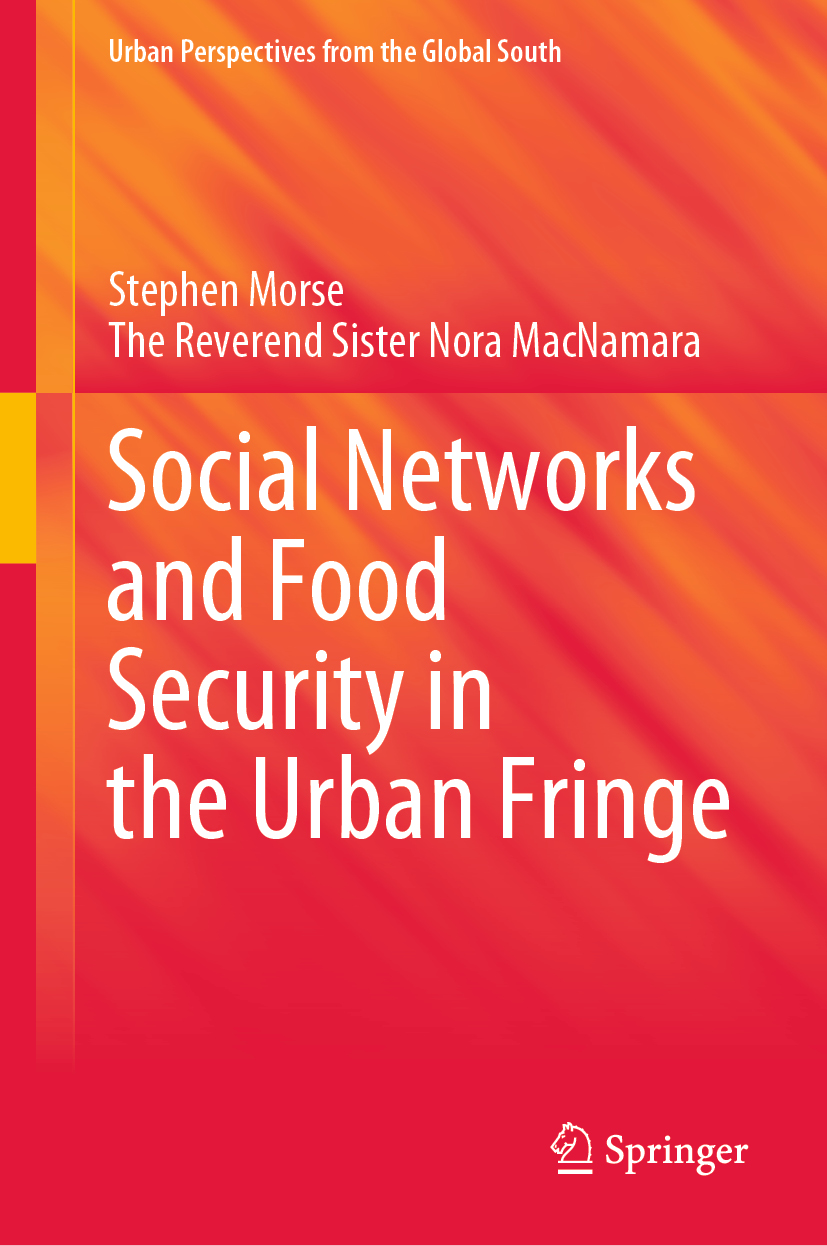
The Urban Perspectives from the Global South brings together a wide variety of urban scholars under one series title and is purposefully multi-disciplinary. The publications in this series are theoretically informed and explore different facets of varying sized urban places. This series addresses the broad developmental issues of urbanization in developing world countries and provides a distinctive African focus on the subject. It examines a variety of themes relating to urban development in the global South including: city economic development, issues of local governance, urban planning, and the impact of multi-ethnic and multicultural formations in urban affairs. The series aims to extend current international urban debates and offer new insights into the development of urban places in the Global South from a number of disciplines including geography, sociology, political science, economics, as well as urban studies. A special focus of the series is the challenges of urbanization and cities in Africa.
More information about this subseries at http://www.springer.com/series/15342

This Springer imprint is published by the registered company Springer Nature Switzerland AG
The registered company address is: Gewerbestrasse 11, 6330 Cham, Switzerland
The theme of this monograph superficially resembles that of a famous Hollywood movie released in 2010 entitled The Social Network. The movie covers the creation of Facebook, the famous social networking service, by its founder Mark Zuckerberg. Facebook along with other services such as Twitter are virtually ubiquitous today and many have enjoyed and benefited from the enhanced communication they provide; they have transformed the lives of many for better. On the more negative side, some would consider them as notorious given the rise of fake news and trolling whereby people who remain anonymous can hurt and even threaten the lives of strangers they do not like or disagree with.
But while this book is also about social groups and their networking, the similarity with the movie ends there. The context for the social groups and networks covered in this monograph is a far cry from the origins of Facebook, but they nonetheless share one of the basic tenets which is the very essence of being humancommunication. Humans are social animals and communication is a must. Facebook and Twitter are about communication at all levels, from friends to colleagues to strangers, and are digital in nature, facilitated by electronic devices that allow for a truly global village. This book is also concerned about communication, and some of what is covered does indeed include media such as Facebook and Twitter, but the context is the role that social groups can play within sustainable development or, more precisely, food security in the urban hinterland of a new capital city in a developing county.
Nigeria, West Africa, is a country of many faces and contradictions. Nigerians are hospitable and welcoming people, always willing to help the stranger as well as their neighbours. Their country is one of the wealthiest (if not the wealthiest) countries in Sub-Saharan Africa based on measures such as Gross Domestic Product (GDP) but is also a country with much poverty and unemployment, especially among the burgeoning youth population. It is country covered in rich and varied vegetation, from mangrove and oil palm forests in the south through to savannah in the North and has as well two major rivers (Niger and Benue) within its borders that provide a wealth of services and resources. Agriculture is a way of life for most of its people, and the crops and trees produced there are in many ways the envy of the continent. To crown it all, the country is endowed with rich and high-quality oil and gas reserves off its coastline. While much of the developed world endeavours to reduce its dependence on fossil fuels, Nigeria has reaped untold financial benefits since the discovery of oil there in the 1950s and this windfall had the potential to transform the countrys economy. Few other countries are so blessed.
But despite this legacy Nigeria is also a country with much poverty and food insecurity; with people struggling to produce enough food to eat and surplus to sell. It is bedevilled with violent crime, armed robbery, kidnapping and corruption at all levels and the country is in the throes of an insurgency led by Islamic extremists. Corruption is now endemic and has retarded progress. The youth have been consistently ignored and unemployment is rife. Unsurprisingly, given this background, the need to support agriculture and address food insecurity in a sustainable manner has been high on the to do list of successive governments, be they colonial, military or civilian, dating back to the nineteenth century. The problem is certainly not a deficit of words and promises from politicians and leaders who understand the situation only too well; words and promises are still being proclaimed and not a day passes without a speech from a senior official extolling the virtues of farming and self-reliance and repeating (yet again) the mantra that government is fully behind them and offering every known support. If words could be sown, then Nigeria would be the breadbasket of the continent; producing enough to supply everyone with a balanced diet and enjoying a massive surplus for export. But unfortunately, words and promises have counted for very little, and agriculture remains a Cinderella sector completely overlooked and forgotten in favour of the more lucrative oil and gas sector. Therein rests the problem and the result has been a sustained insecurity.
Font size:
Interval:
Bookmark:
Similar books «Social Networks and Food Security in the Urban Fringe»
Look at similar books to Social Networks and Food Security in the Urban Fringe. We have selected literature similar in name and meaning in the hope of providing readers with more options to find new, interesting, not yet read works.
Discussion, reviews of the book Social Networks and Food Security in the Urban Fringe and just readers' own opinions. Leave your comments, write what you think about the work, its meaning or the main characters. Specify what exactly you liked and what you didn't like, and why you think so.

